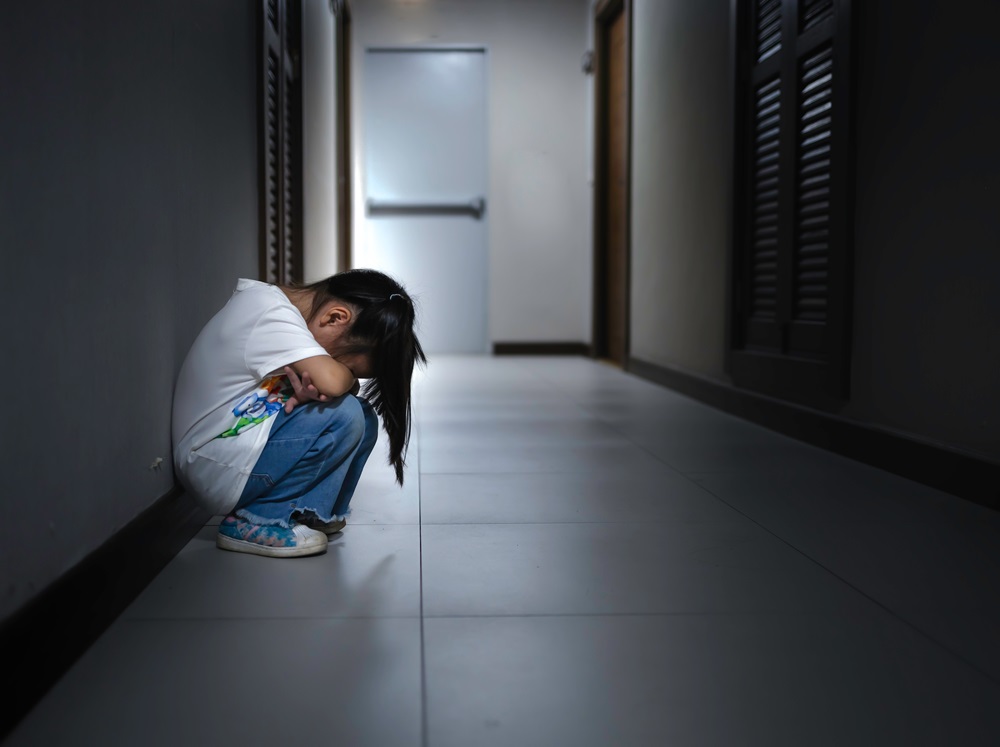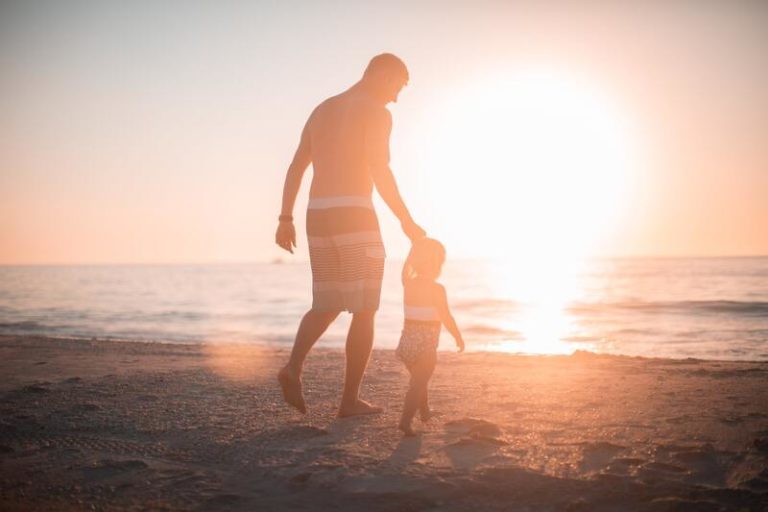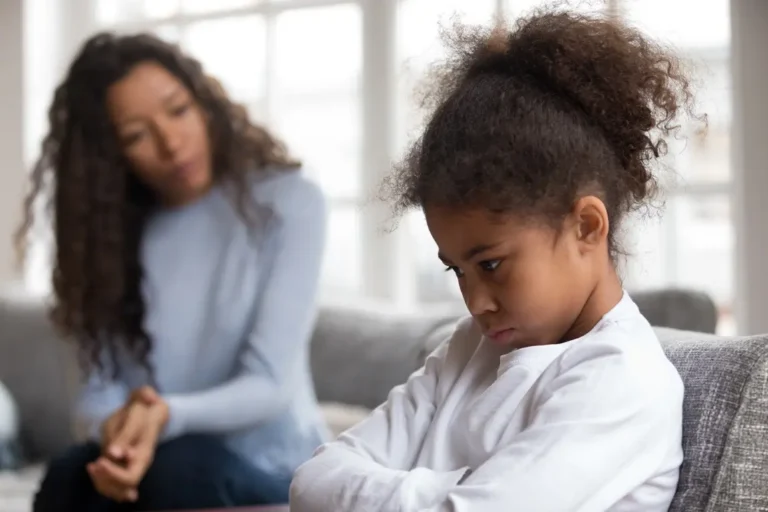Any criminal charge involving children will often result in high stress and amplified emotion. A charge of child endangerment is no exception.
Child endangering is an extremely serious charge in Ohio, and penalties can be severe. Thus, in most cases, it is absolutely necessary to work with an experienced criminal defense attorney who can help defend you against one of the most difficult charges you can face.
Child endangerment is a broad criminal charge because it goes beyond physical child abuse. Someone may face endangerment charges for acts such as neglect, mental abuse, exposing children to illegal drug use, and driving while intoxicated with a child in the car.
This article explains the laws that cover child endangering in Ohio. It also explains who can face child endangering charges and the acts that might violate these laws.
Finally, it discusses the consequences of a conviction for child endangering and some defenses a defense attorney can raise to avoid a child endangering conviction or seek lesser charges.
If you are facing a child endangering charge, consider consulting with our Dayton criminal defense attorney to discuss your case and determine how best to move forward.
Get started with a free consultation by calling (937) 222-1515 or filling out our online form today.
Ohio Child Endangering Laws: An Overview
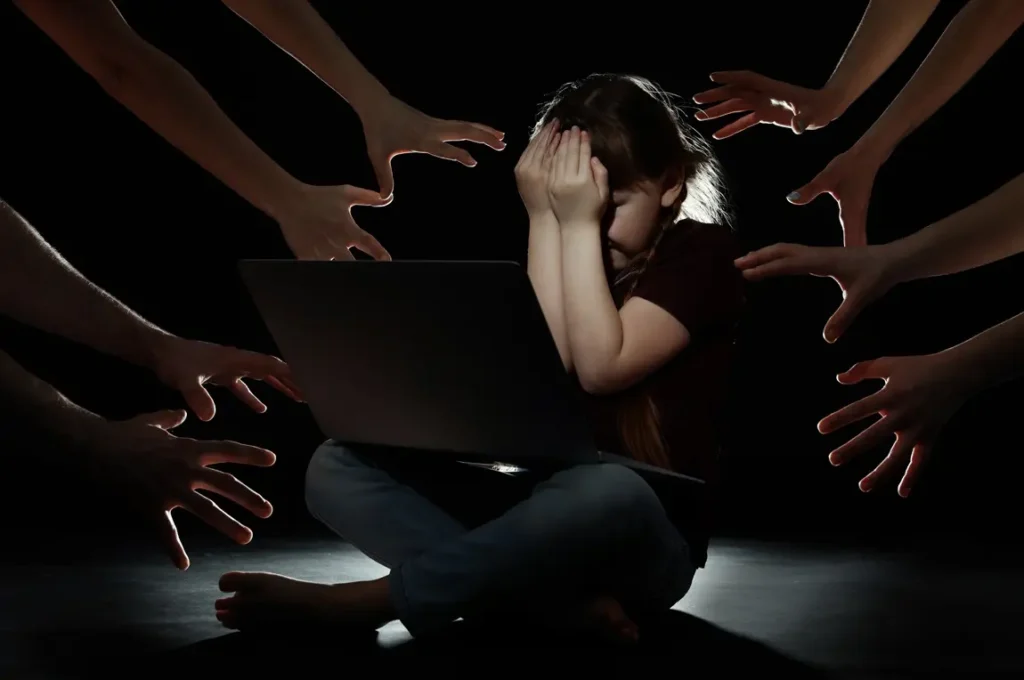
Ohio defines two violations that qualify as child endangerment in Ohio Revised Code § 2919.22. First, under this statute, it is a violation for a parent or other person with custody of a child to “create a substantial risk to the health or safety of the child, by violating a duty of care, protection, or support.”
Second, it is a violation for any person, including parents, caretakers, teachers, or strangers, to take certain actions toward a child, such as physically or mentally abusing them or enticing them into making child pornography. Additionally, a “child,” for purposes of Ohio child endangerment laws, includes anyone under the age of 18, or a mentally or physically handicapped person who is under the age of 21.
Most criminal offenses require intentional acts. Child endangering, in contrast, covers both intentional and reckless child-endangering acts. Specifically, the Ohio Supreme Court ruled that a parent may be guilty of child endangering in Ohio when the parent recklessly disregards a substantial risk of harm to the child.
This definition of child endangering is broad. However, the Ohio Revised Code does provide some additional definitions.
What Constitutes Child Endangering?
Ohio’s child endangering law covers acts by a parent, guardian, or custodian that risk a child’s health or safety “by violating a duty of care, protection, or support.” In other words, a person responsible for a child must meet a high standard of care. Any intentional or reckless act that poses a significant risk to the child’s physical or mental safety could trigger a child endangerment charge.
This part of the child endangering law was deliberately written as broadly as possible since legislators did not want to limit the types of actions a prosecuting attorney could pursue. The law covers acts anyone would consider abusive, such as striking the child or repeatedly locking them in a closet. It also includes violations of Ohio child neglect laws and other intentional or reckless acts that threaten mental or physical harm, such as leaving a child at home alone or keeping a dangerous animal in the home.
Prosecutors often bring unwarranted charges because of the breadth of the language in the Ohio revised code. Child home alone cases, for example, rely on prosecutors to decide how young is too young to be left by themselves.
Additionally, the following will constitute child endangering in Ohio when committed by any person related or unrelated to the child:
✓ Abusing the child.
✓ Torturing or cruelly abusing the child.
✓ Using prolonged corporal punishment, physical restraint, or other physical disciplinary measures that are “excessive under the circumstances.”
✓ Repeatedly enacting disciplinary measures that, if continued, would seriously impair the child’s mental health or development.
✓ Driving while intoxicated with the child in the vehicle.
✓ Taking the child to a house or apartment where drugs are manufactured, packaged, or possessed.
✓ Enticing, coercing, or permitting a child to participate in any act that is obscene or sexual in nature.
While this list is not exclusive, it is important to understand the types of activities that may constitute child endangering in Ohio.
It is also important to note that under this section, parents are not the only parties that can be found guilty of child endangering.
Who Can Be Charged with Child Endangering?
Under Ohio law, any of the following people with a parent-child relationship can be charged with the first type of child endangering:
- Parents
- Guardians
- Custodians
- Persons having custody or control of a child
- Persons in loco parentis of a child
For clarity, “in loco parentis” means any adult who is the caretaker of a child. This includes relatives, foster parents, or stepparents who have the rights, duties, and responsibilities of a parent.
Anyone can be charged with the second type of child endangerment, including teachers, spiritual leaders, coaches, or strangers.
Penalties for Child Endangering in Ohio

Placing a child’s life at risk is a serious offense. Thus, the penalties for child endangering charges in Ohio are severe.
A first offense child endangering in Ohio will result in a first-degree misdemeanor. Consequences for such a conviction include up to 6 months in jail and a fine of up to $1,000. However, if this is not your first conviction, the penalties can be even more severe.
Depending on whether you have prior offenses and whether the child sustained severe injuries, a conviction for child endangering can be elevated as high as a second-degree felony. Under Ohio law, a felony of the second degree can result in up to 8 years in prison and a fine of up to $15,000.
A repeat offender is anyone previously convicted of child endangering or contributing to the delinquency, abuse, neglect, or abandonment of a child. A repeat offender can be charged with a fourth-degree felony.
A parent or guardian who endangers their child and causes serious physical harm faces a third-degree felony.
Anyone convicted of child endangering involving child abuse can be charged with second-degree child endangering if they cause serious physical harm.
Those who tortured or excessively disciplined a child face a child endangering 3rd-degree felony in Ohio. Exposing children to drug activities is also a third-degree felony unless the drug was methamphetamine, which bumps the charges to a felony of the second degree.
People accused in child endangering cases involving obscene performances by children can face second-degree felony charges.
The Negative Impact of Child Endangering Charges Besides Penalties
Child endangering punishment in Ohio can involve more than imprisonment. A conviction will appear on your criminal record, potentially barring you from occupations such as teaching or operating a daycare center. A child endangering conviction is public, resulting in shame and reputational harm.
A family court judge might consider your record in custody proceedings. As a result, you might lose custody or visitation rights even for misdemeanor child endangering in Ohio.
If the conviction resulted from an obscene performance, these and other charges might require you to register as a sex offender. Registration could impair your ability to rent a home, get hired, or obtain professional licenses.

A child endangering case can affect every facet of your life. The attorneys at Gounaris Abboud have over 50 years of combined experience dealing with child endangering charges. Contact us to learn how we can assist you.
Evidence in Ohio Child Endangering Cases
The outcome of your charges will depend on the evidence in the case. Prosecutors will present evidence showing you committed a child endangering offense. Your child endangering attorney will refute their arguments and present evidence in your defense.
Evidence can include:
- The child’s testimony
- Eyewitness testimony
- Testimony from doctors who examined the child
- Expert testimony by child psychologists or social workers
- Video footage and photos of the event or the child’s injuries
- Documents, such as incriminating emails or text messages
Importantly, certain information cannot be introduced into evidence. This may include:
- Spousal testimony
- Clergy testimony
- Attorney-client communications
The prosecution has the burden of proof. This means the state must have sufficient evidence proving you are guilty of child endangering beyond a reasonable doubt. If the state cannot overcome all reasonable doubt, the jury should acquit you.
Effective Defenses Against Child Endangering Charges

When you are accused of endangering a child, you have several possible defenses. Depending on the prosecutor’s arguments and evidence, you may raise any of the following.
Alternate Explanation for Injuries
If the case involves a physical injury, your child endangerment lawyer can present alternate explanations for it. For example, your attorney can hire an expert to testify that a situation other than abuse could have caused the child’s injury.
False Accusation
Children can make false accusations, particularly when the idea is planted by an adult. Likewise, estranged spouses or other vindictive adults might make up accusations or coach the child to make them. A lawyer can identify evidence that proves no crime occurred despite the accusations.
Religious Belief
Child neglect laws in Ohio specifically exclude conviction for child endangerment when a parent or guardian withholds or refuses to consent to medical care against their religious beliefs. This exception is not limited to any specific religion, and an expert witness might testify that your religious beliefs qualify for the exception.
Reasonable Punishment
The child endangerment law only prohibits unwarranted disciplinary measures. By implication, parents and other family members can reasonably punish the child as long as the punishment is not performed in an excessive or cruel manner.
Lack of the Required Mental State
The prosecution must show that the accused intentionally or recklessly endangered a child. If an act that resulted in a physical injury was not intentional or reckless, it should not result in a child endangerment conviction.
How Child Endangering Charges Work in Ohio
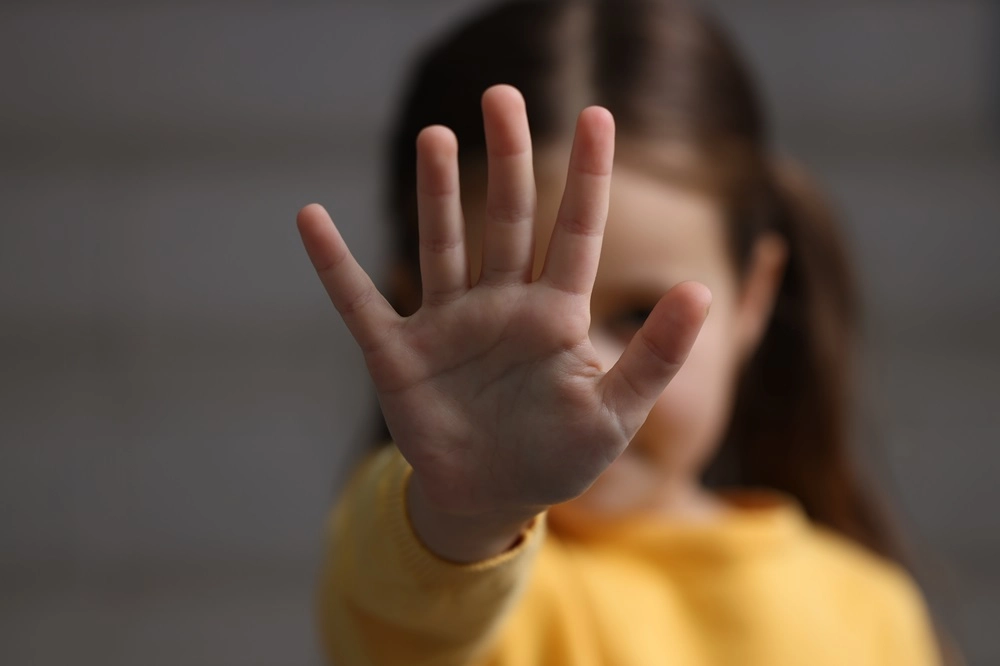
Police officers and prosecutors must respect each person’s constitutional rights while filing charges. The process typically includes the following steps.
Someone Alleges Serious Physical Harm or Neglect
Endangering accusations often come from family members or the child. Additionally, Ohio law requires some people, such as teachers, doctors, and social workers, to report a child endangering substantial risk.
Authorities Investigate the Allegation
The police interview witnesses and gather physical evidence to establish that someone is endangering a child. They may execute search warrants for the accused person’s home and vehicle.
Prosecutors File Charges
Prosecutors review the evidence gathered by the police. They file charges if the evidence proves each element of the offense.
The Court and the Department of Job and Family Services Take Action
What happens if you get charged with child endangering? You will be arrested and have your chance to explain your side of the story in court.
Protect Your Rights with Gounaris Abboud
Child endangering charges can arise in many situations because of the breadth of the law. Neglect, mental abuse, and excessive punishment are often open to interpretation. However, you have many options for defending yourself when you face these charges. An aggressive defense can disprove the prosecutor’s facts or challenge their legal interpretations.
A child endangering lawyer from Gounaris Abboud will listen to your explanation compassionately and without judgment. We’ll then use our decades of experience to tailor a legal defense for your circumstances.
We have a good success rate in representing our clients. Contact us for a free and confidential consultation to learn how we can help you.
